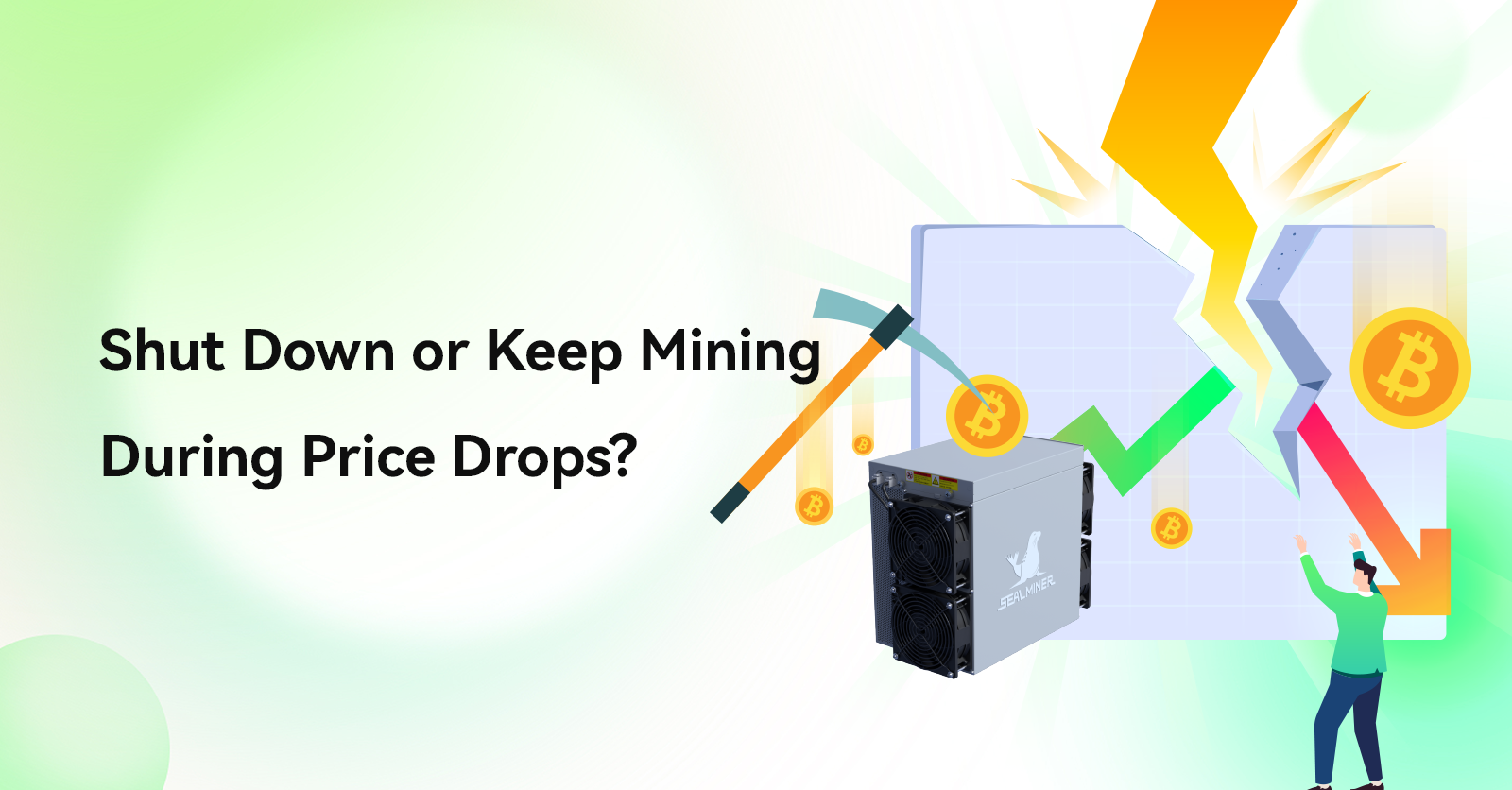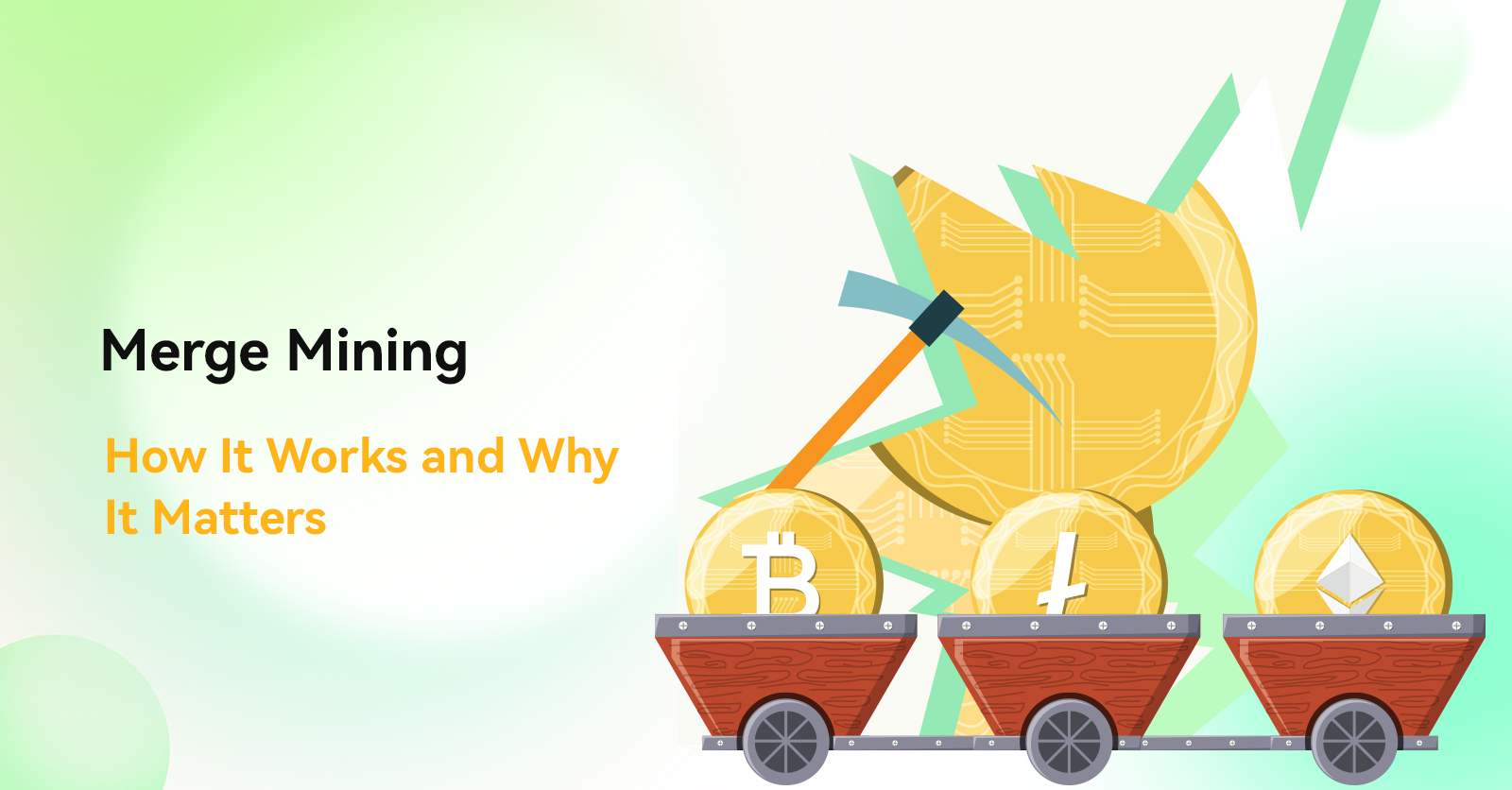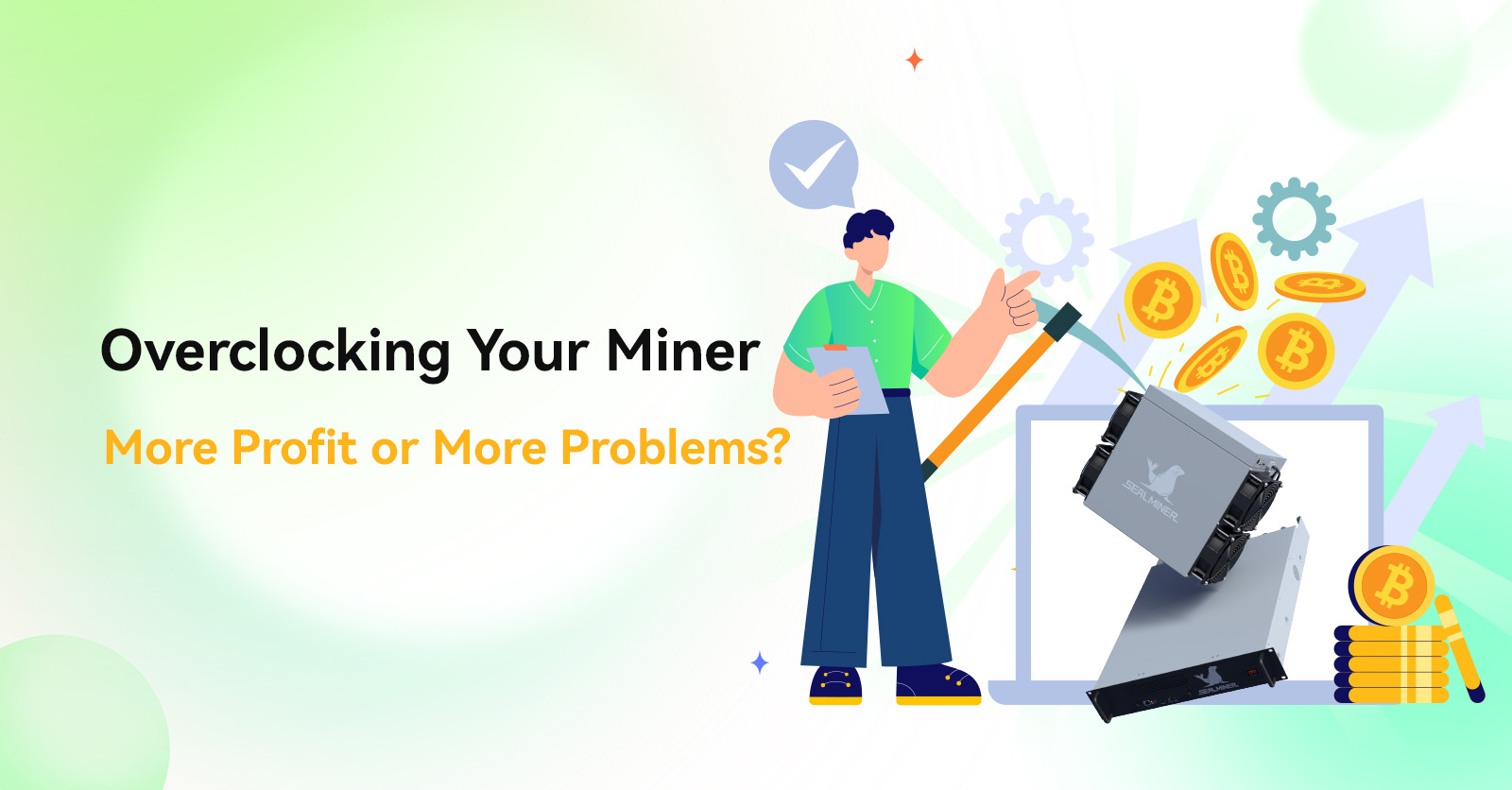
How to Choose the Right Mining Data Center: 5 Key Factors
25.10.2024
In this article, we take a look at five things to think about when making a decision on a mining data center, presenting some theoretical framework and practical advice to help you select the best option.
Due to the increase in computational power requirements in cryptocurrency mining, it is essential for crypto miners to choose a data center based on cost, performance, and flexibility. Selecting the right mining data center contributes to operational stability and more profits. In this article, we take a look at five things to think about when making a decision on a mining data center, presenting some theoretical framework and practical advice to help you select the best option.
Factor 1: Location
Proximity to Energy Sources
Mining data centers are often situated near energy sources, or more precisely near substations and transmission lines. This is so because the mining of Bitcoin and other cryptocurrencies uses a lot of energy, so the cost of infrastructure building and electricity directly influences profitability and the payback period. For instance, Bitdeer’s Texas mining facility, which was converted from an aluminum plant, is strategically located near a substation and high-voltage power lines. This setup allows the facility to benefit from significantly lower electricity rates compared to other states in the U.S., reducing operational costs. Data centers near renewable energy sources, like hydroelectric power in Bhutan, also provide dependable power supply and reasonably priced electricity.
Climate Considerations
The local climate greatly affects the cooling costs and efficiency of mining operations. Cooler climates lower the demand for air/liquid cooling. In colder areas, the heat from mining machines can be used for residential heating. Mining in cooler places such as Iceland or Canada can reduce electricity use for cooling systems, which lowers operational costs. The location impacts the lifespan of mining equipment, as stable moderate temperatures support efficiency over time. For example, Marathon Digital uses the heat from Bitcoin mining to warm a small town in Finland. This pilot project offers a low-carbon heating solution for the city, showcasing a creative application of mining-generated heat.
Regulatory Environment
It is important to know the local rules when choosing a mining data center. Rules and regulations are very different in each country and area affecting things like tax rates and operational limits. The United States usually has stable rules, but these policies can differ greatly between states, and even within urban and rural areas, impacting operations and profitability. Following local laws and being ready for changes in regulations can help prevent sudden shutdowns and legal problems, keeping your investment safe.
Factor 2: Energy Usage
Power Consumption
Power consumption is an important part of mining operations and energy-efficient facilities can provide cost-effective services. Miners can do this by using efficient mining machines, improving the layout for better airflow, and using advanced cooling methods. Also, improving the mining hardware's firmware can help adjust power consumption dynamically. This can create a good balance between overclocking and underclocking based on what is needed for operations.
Integration of Renewable Energy
Data centers that utilize renewable energy sources for mining provide several benefits. Utilizing wind, hydro, or solar energy minimizes the environmental effects of mining activities and can lead to more consistent and frequently lower electricity costs in the long run. Bitdeer’s hydroelectric data center in Bhutan shows how using renewable energy can enhance sustainable mining practices and reduce electricity expenses. This method fits well with the increasing worldwide focus on sustainable business practices, boosting the development potential of these data centers.
Factor 3: Infrastructure
Network Connectivity
Mining operations need a low amount of bandwidth since the data packets exchanged with the mining pool server are just a few bytes in size. However, these packets, or mining tasks, need to be sent back and forth rapidly. If tasks are sent to the mining pool server too slowly, they will be discarded and rejected, resulting in lost computing power and no corresponding compensation. Therefore, ff your network infrastructure is old or there's high network latency, it can greatly affect your mining revenue.
Redundancy and Backup Systems
Backup power supplies and redundancy measures are important as well. Unexpected downtime from power outages or equipment failures can result in considerable financial losses. Data centers need to have several backup power systems in place, such as onsite generators and uninterruptible power supplies (UPS), to maintain continuous operation during a grid failure. Having extra network connections can help avoid internet outages, keeping mining servers online and running.
Factor 4: Facility Features
Support Provided
A professional maintenance team is usually needed for smooth mining operations. This team needs to check and take care of the facility regularly to keep the equipment running smoothly and reduce any downtime. The amount of maintenance staff and how they are assigned usually depends on how big the facility is. Usually, there is one maintenance person for every 1.5MW, taking care of about 500 machines. Big mining site often need special teams for various jobs, like electrical engineers, cooling system experts, and network security specialists.
Expansion and Upgrades
When choosing a mining data center, it's important to consider how well it can handle future growth and incorporate new technologies. A good facility needs to be adaptable to support the growth of mining operations and the incorporation of advanced, more efficient mining hardware. If you're looking to expand and upgrade your mining facility, check out our blog post titled “How to Expand Your Mining Operations” for more insights.
Factor 5: Security
Physical Security
It's really important to keep the mining data center safe from physical threats. This includes stopping unauthorized access, preventing security breaches, having emergency evacuation plans, and being ready for high temperatures. The mining data centers usually require security cameras and guards to stop unauthorized access. In hot places, besides dealing with cooling problems for mining machines, it's also important to stop accidental fires, like equipment catching fire due to voltage issues.
Network Security
Network security is another security factor that needs to be emphasized. Firewalls help monitor and manage the traffic coming in and out of the network, which stops unauthorized access. To prevent the exploitation of any such vulnerabilities, the firmware and software of mining hardware (miners) and network infrastructure (routers and switches) should be up to date. It's really important to use trustworthy mining management software to stop computing power theft and to check often if your earnings look unusual. Looking at logs can help find and follow attack routes and spot unusual activities.
Learn More About Our Mining Data Centers
Check out our data center page to discover more about our facilities, featuring their strategic locations, cutting-edge infrastructure, and dedication to sustainability. If you're looking to create your own mining data center but aren't sure how to begin, Bitdeer provides one-stop services for building mining farms. Tap here to find out more.
*Information provided in this article is for general information and reference only and does not constitute nor is intended to be construed as any advertisement, professional advice, offer, solicitation, or recommendation to deal in any product. No guarantee, representation, warranty or undertaking, express or implied, is made as to the fairness, accuracy, timeliness, completeness or correctness of any information, or the future returns, performance or outcome of any product. Bitdeer expressly excludes any and all liability (to the extent permitted by applicable law) in respect of the information provided in this article, and in no event shall Bitdeer be liable to any person for any losses incurred or damages suffered as a result of any reliance on any information in this article.
© 2025 Bitdeer. Todos los derechos reservados


